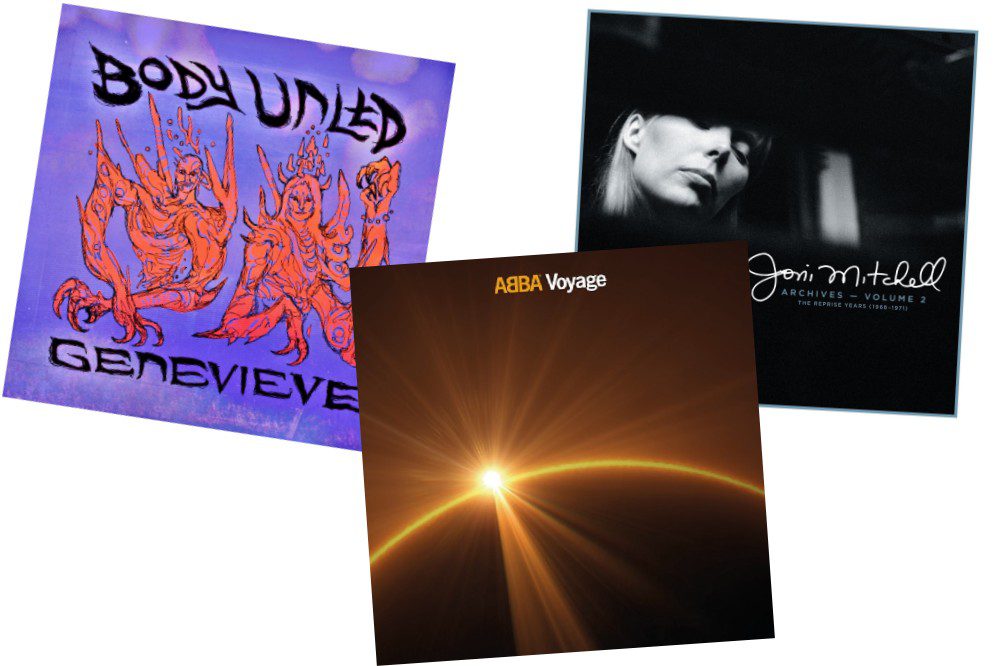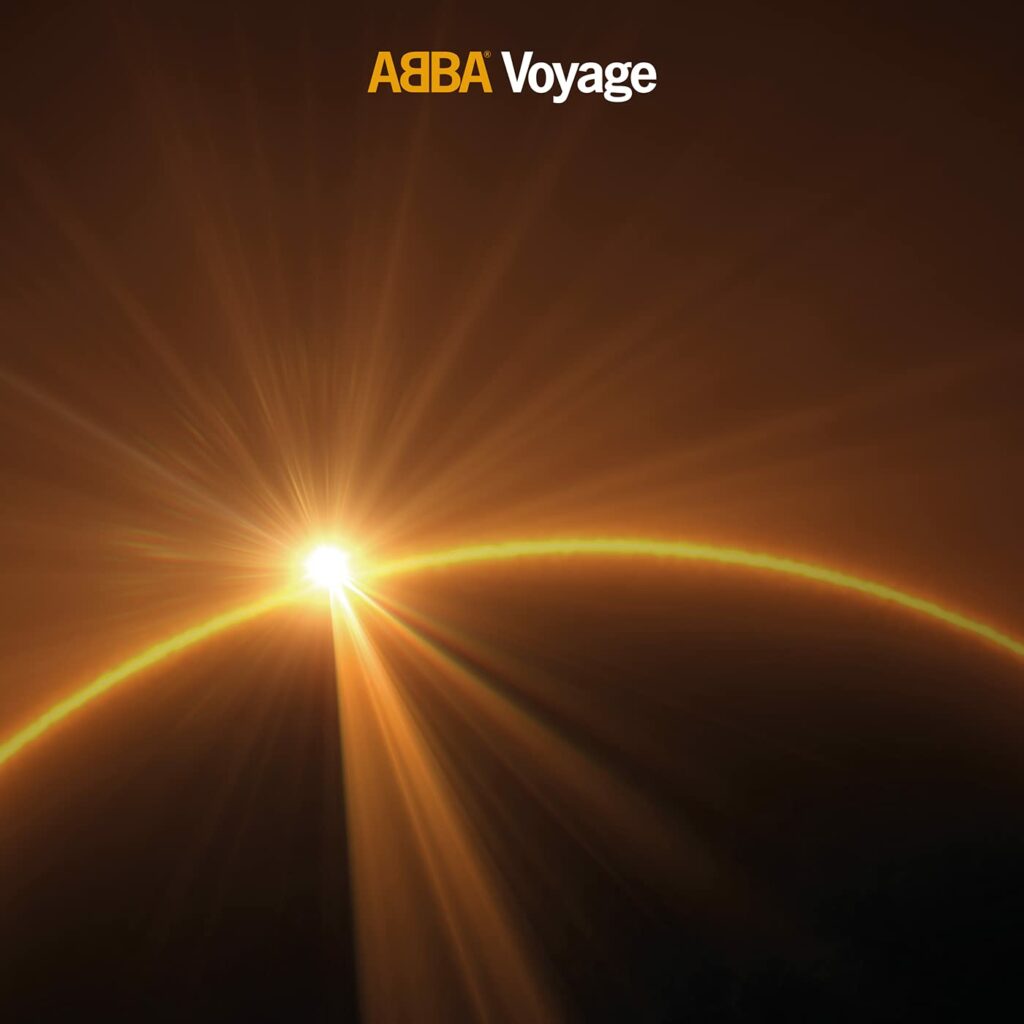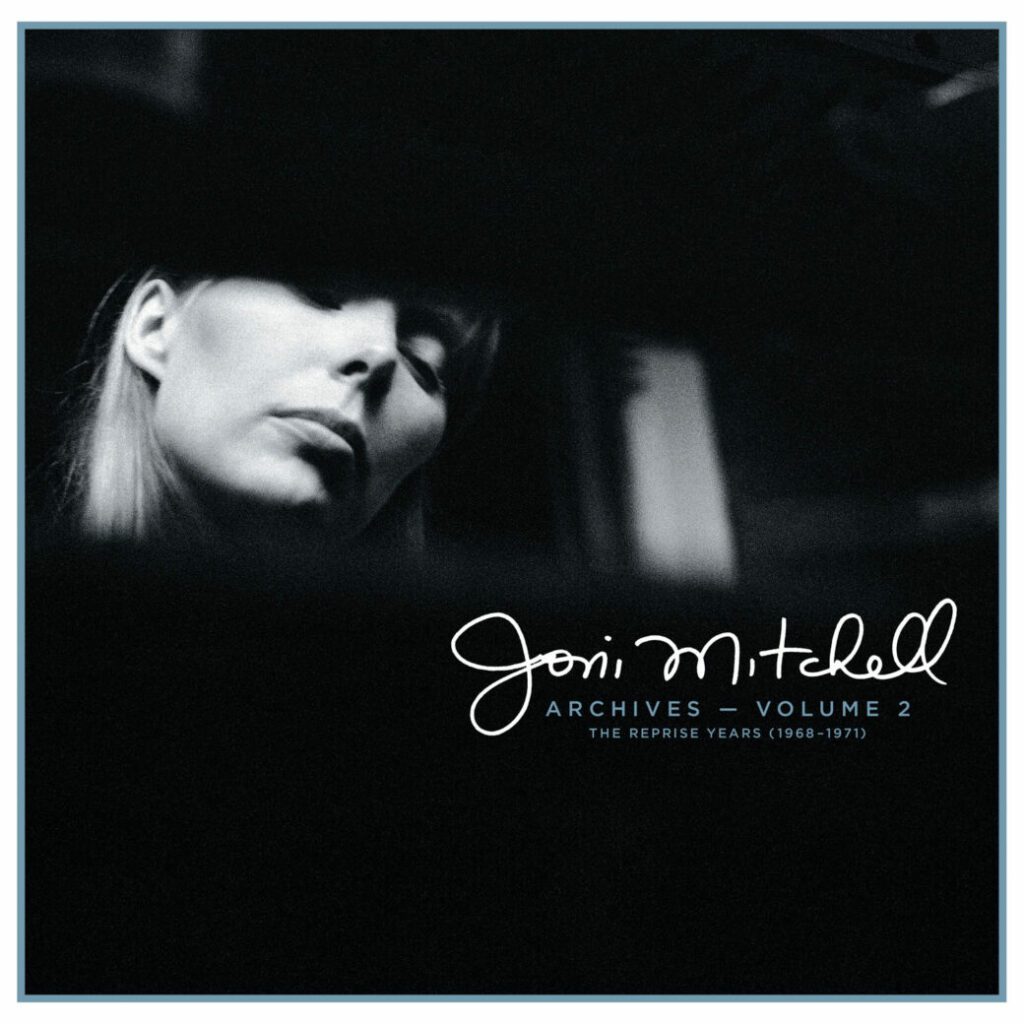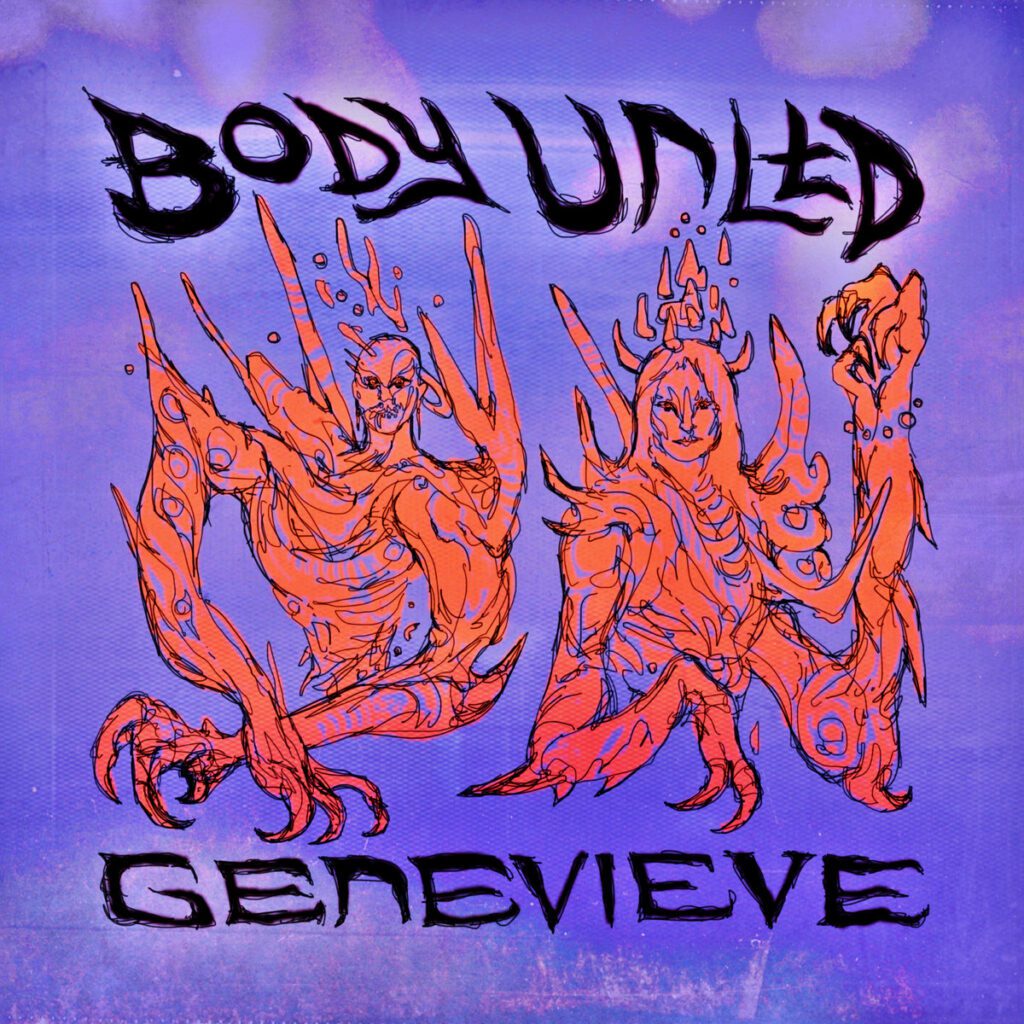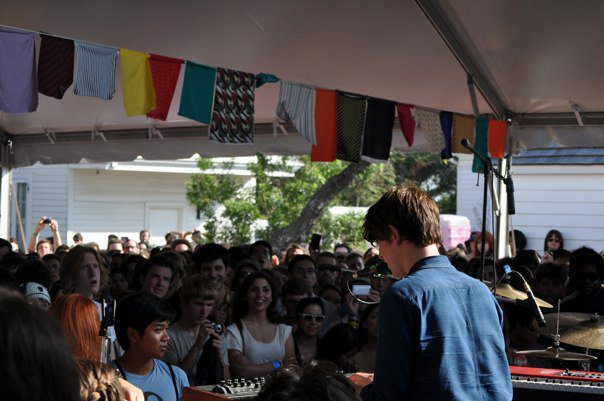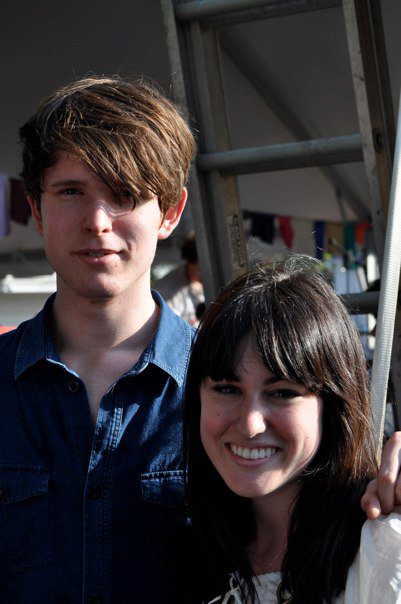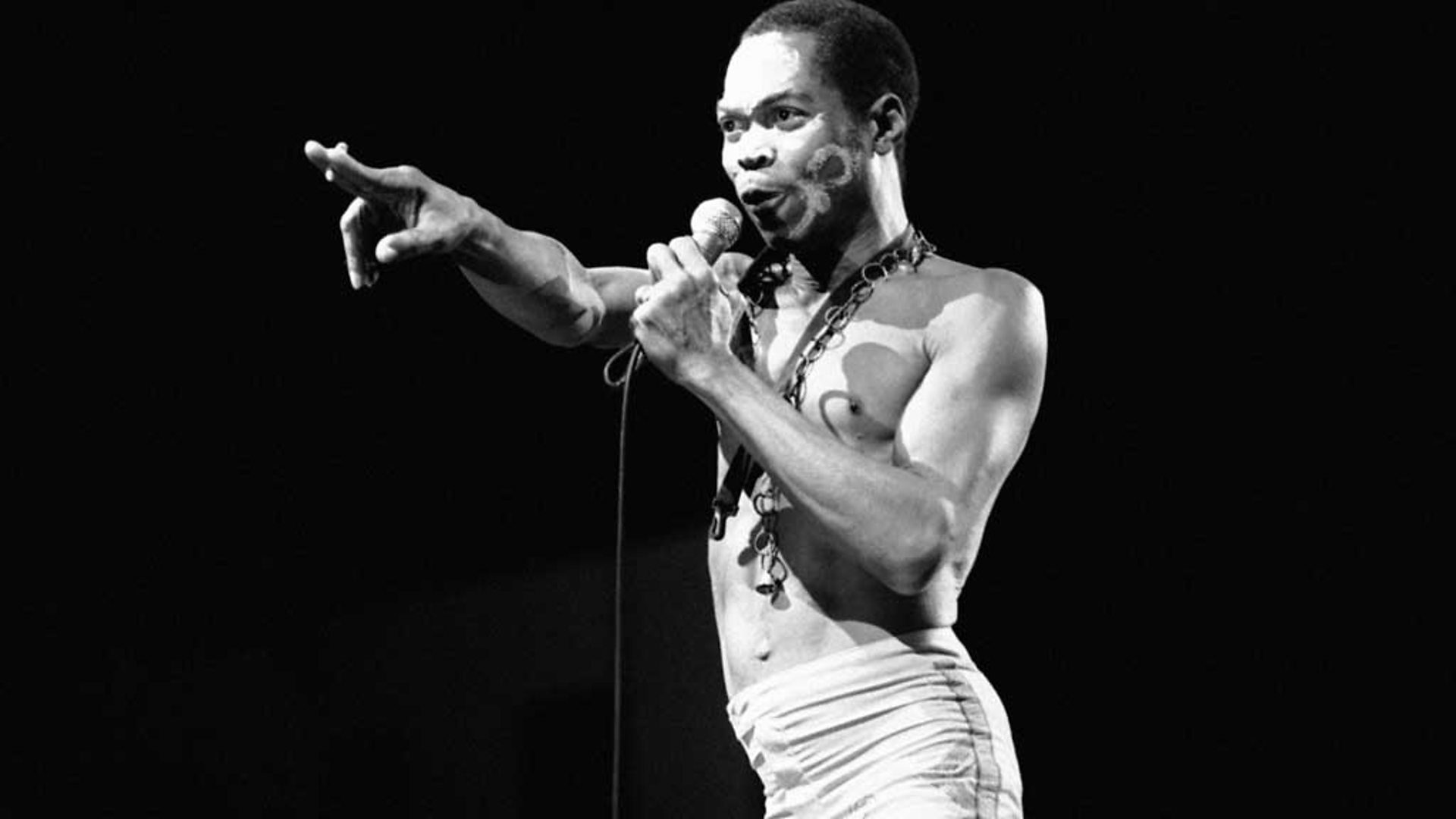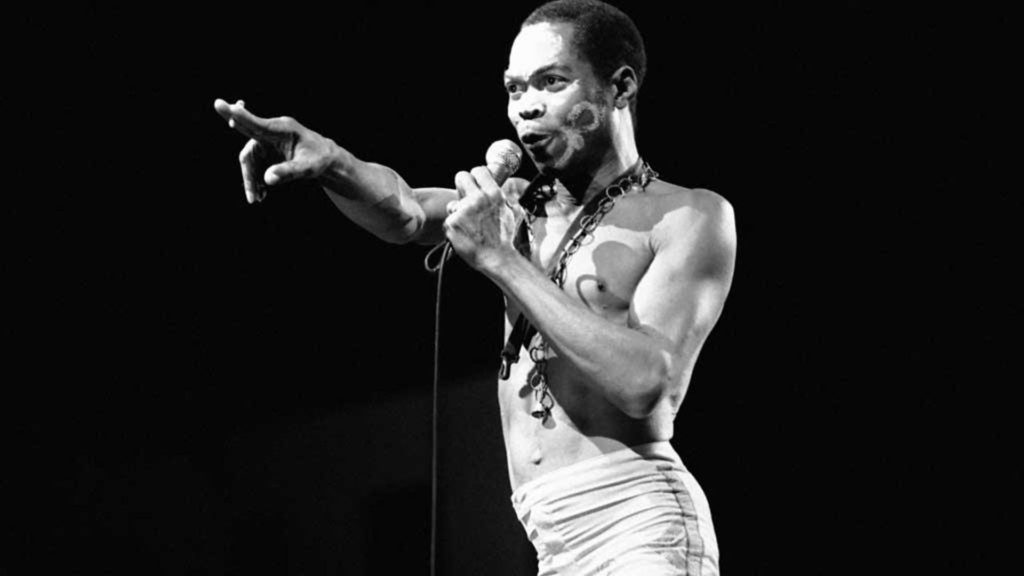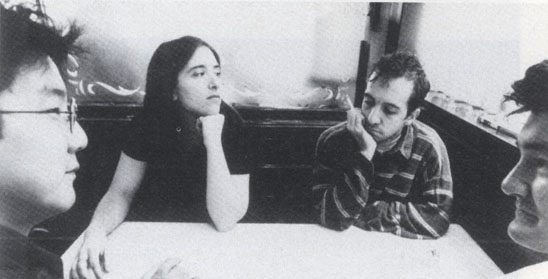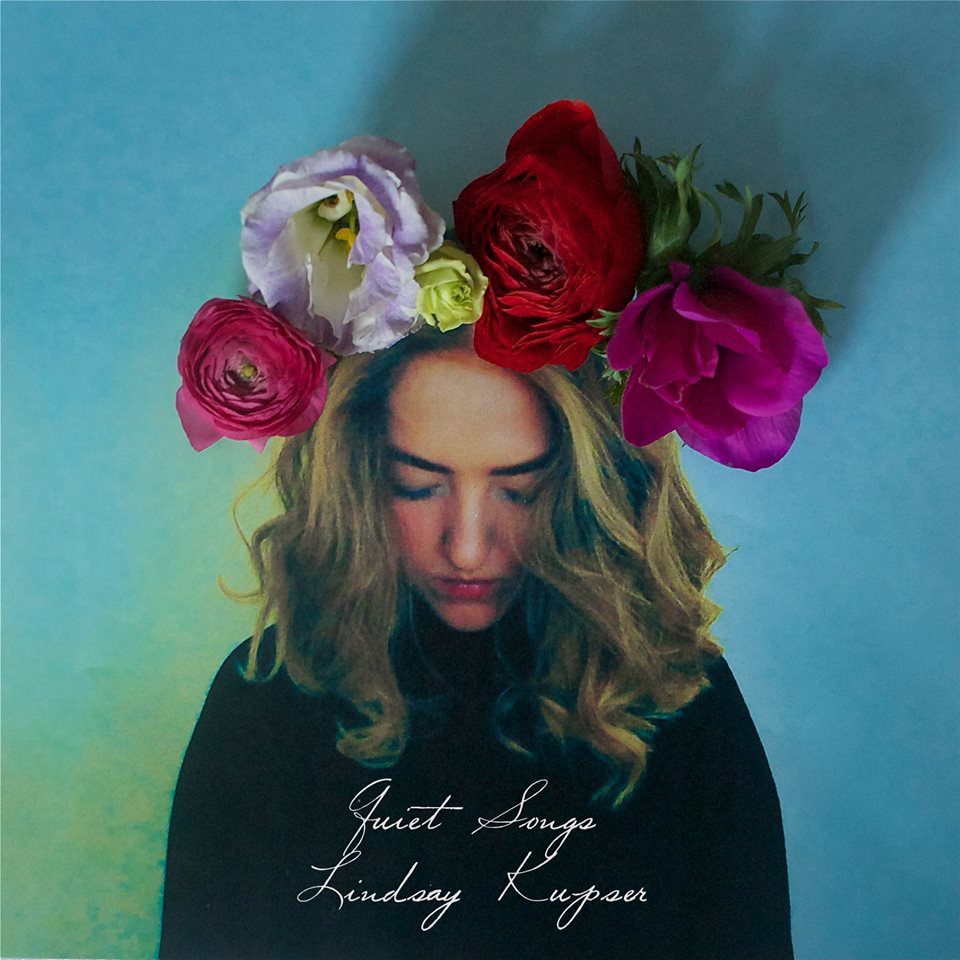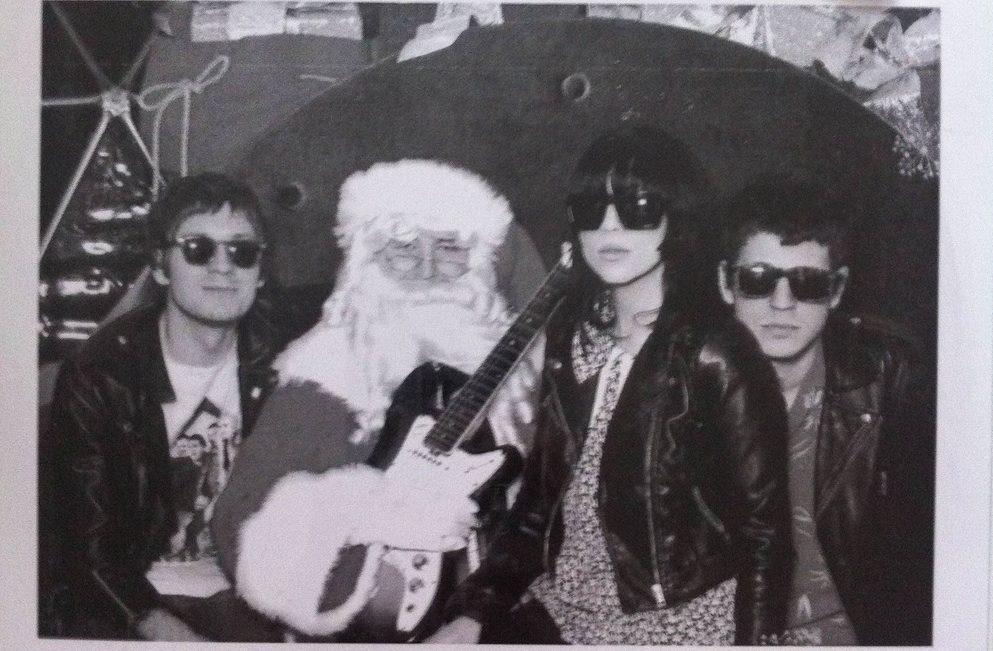

Earlier this year, in a March listening party following the release of her acclaimed third album Little Oblivions, Julien Baker sat down with NPR columnist and host Jewly Hight and Mackenzie Scott (who performs as Torres). Their conversation revealed an uncomfortable undercurrent of the way today’s booming female indie musicians are framed in popular media: the ever-present discourse of “rawness” and emotion that accompanies critical reception of their work.
“Sure, call it ‘raw’ because it was totally spontaneous,” Torres remarked sarcastically; the term hardly applies to Little Oblivions, Baker’s first release with a full studio band and released after a lengthy reckoning with her creative persona. “It’s just a journal entry. Right.”
Hight describes this “raw” characterization as a misplaced focus on “purging as opposed to craft,” and once identified, it’s easy to see how often that lens is focused on the performers who comprise the loose umbrella of contemporary “sad girl indie.” The term “raw” has not only been used for Phoebe Bridgers’ debut Stranger in the Alps, but also her 2020 release Punisher, which was praised by NME for its sonic experimentation and Stereogum for its “biting, hilarious” lyrics. It’s been bounced around to describe Lucy Dacus’ Home Video, featuring “Thumbs,” a track so layered and personal that Dacus spent years refining and reconsidering it in live show performances that she asked audience members not to record. Last month, she released another version of the song, too, with additional instrumentation.
“Raw” is an odd term for the intimate, candid work of these musicians. It implies a certain undoneness, a lack of artistic focus resulting from ecstatic emotional clarity. It also connotes an ancient, patriarchal idea that art created by women is taken directly from personal experience, rather than the filtration of creative vision and process. Conor Oberst, for instance, a longtime influence and current frequent collaborator of Phoebe Bridgers, has largely escaped seeing his music called “raw” — except when he’s specifically sought it out.
“When people hear ‘sad boy music,’ they don’t assume it’s a heartbreak,” Audrey Neri, who releases music as Cherry Flavor, points out in Marissa Matozzo’s zine Sad Girl Indie: The Genre’s Relevance in 2021. In contrast to “rawness,” men like Oberst, Christian Lee Hutson, and King Krule – who create music on the same emo-folk-indie pop spectrum that “sad girl indie” comprises – are seen as philosophical troubadours, engaging with emotion on an abstract level. Héloïse Adelaïde Letissier, who lays claim as Christine and the Queens to unabashed, public female sadness in “People, I’ve Been Sad,” put it this way in a recent conversation with Crack magazine: “even in art, women are refused the apersonal.”
Linked to “raw,” the term “sad girl indie” occupies a complicated gendered space in contemporary pop culture. It’s been cited as a space of solace by New Yorker staff writer Jia Tolentino, and claimed as a moniker of feminist community and genre by fans and certain artists. But it’s also been lambasted by Dacus, who doesn’t even consider most of her songs to be sad — as well as Bridgers and Baker, her fellow members of supergroup boygenius, who joined forces after being relentlessly pigeonholed and compared to each other as members of the “sad girl” set. These recent criticisms have led some to argue for abolishing the categorization altogether.
The question of who gets to be in the “sad girl” club has also been raised. Though sad girl indie has been praised for its queer narratives, transfemme musicians like Ezra Furman and Ethel Cain are rarely included in the conversation, to say nothing of the “girl” moniker’s implicit exclusion of nonbinary musicians. Discussions of Black and Indigenous artists like Arlo Parks, FKA Twigs, Black Belt Eagle Scout, and Indigo de Souza are also rare, though de Souza recently offered a compelling perspective on “sad girl indie” hagiography in the Michigan Daily podcast Arts, Interrupted. As TN2 Magazine points out, the women of color who are included under the “sad girl indie” umbrella (typically Mitski, Jay Som, and Japanese Breakfast) have been tokenized and ascribed troublingly-racialized descriptions like “feral,” in addition to the old standby of “raw.”
Of course, effusive emotion has always been a double-edged sword for women in the public eye, dating back to Victorian diagnoses of hystericalism, or even the dismissal of medieval “madwoman” mystic Margery Kempe for her public, psychosexual devotion. Reclaiming this patriarchal notion and finding strength in intense, uncomfortable vulnerability has been a hallmark not only of contemporary “sad girl”-ism, but also the musical forebears who influenced it.
Take Joni Mitchell for instance, who Brandi Carlile recalls dismissing for being “too soft” before listening to Blue at the behest of her wife, which forced her to “reconsider what ‘tough’ is.” Proto-“sad girls” like Mitchell, Joan Armatrading, and those that followed in the ‘90s feminist punk and singer-songwriter scenes used the aesthetics of emotion to construct artistic spaces in a world that refused to listen to them, giving voice to complex narratives ranging from unwanted pregnancy to systemic poverty, environmental anxiety, and queer desire. This is echoed in today’s “sad girls,” whose music reckons explicitly with abuse, addiction, and mental health concerns.
The potential strength of sad girl indie, however, is diluted by the critical presumption that its artists’ songs are “raw,” unprocessed “journal entries,” rather than artistic acts of ownership and cultivation. It’s also vastly diminished by the exclusion of trans and BIPOC artists, for whom the reclamation of the complicated, ruminative emotions so key to the subgenre’s success is even more urgent.
There may be hope for “sad girl indie,” if it can escape the “raw” paradigm and be considered expansively as a springboard for artistic community. At the very least, moving on from “sad girl indie” may offer a chance for something new to rise from its ashes: an evolved understanding of the queer and feminist undercurrents of today’s musical landscape, one that appreciates the complexity and artistry of its performers outright.

